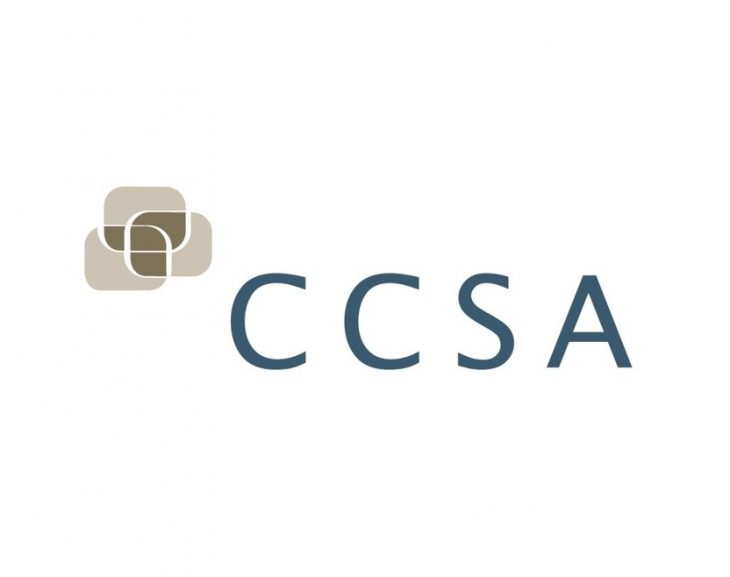
GATINEAU – In a complaint filed with the CRTC last week, the Canadian Cable Systems Alliance says Rogers Media is violating a number of CRTC policies in refusing to let its members launch or re-package channels as contract negotiations drag on.
The CCSA represents over 115 independent broadband and video carriers which collectively serve approximately 350,000 Canadians, in areas which compete with one or more of the bigger providers, or in more rural regions.
In the complaint, filed February 22nd and posted to the Commission’s website Wednesday, the CCSA says Rogers Media Inc. is now refusing to permit CCSA members to launch or re-package any of its specialty channels, which include, Sportsnet, Sportsnet One, Sportsnet 360, Sportsnet World, FX, FXX, OLN and Viceland. This refusal runs contrary to the CRTC’s Discretionary Services Regulations as well as the more recent TV Wholesale Code, which came into effect in 2016, reads the complaint.
While the most interesting parts of the complaint are redacted as to maintain confidentiality of competitively sensitive information, the parts of the CCSA document which is publicly available says it and RMI have been unsuccessful in attempting to negotiate a new carriage agreement ever since the old one expired in 2014. In fact, the two sides have been engaged in the CRTC-supervised dispute resolution process since January of 2017 and in November, RMI stopped allowing CCSA member BDUs to re-package channels, or for new CCSA members to launch them.
Not stated explicitly in the abridged document is this dispute is also likely fuelled by the new wholesale fees RMI has been getting for the Sportsnets since Rogers announced its 12-year, $5.2 billion agreement to control most of the rights to NHL hockey in Canada which began in 2014. While Hockey Night in Canada can of course still be found on CBC, the majority of other NHL games and a number of NBA games among other content, is exclusive to Sportsnet. (Ed note: According to the latest CRTC figures, Sportsnet earned 27% more in subscriber fees, hitting $283 million, in the broadcast year ended August 31 2016, than in 2014, while subscriber levels dipped 2%. And to be sure, while FX and FXX has some nifty content, most of this dispute is about the carriage of the various Sportsnets. Viceland, as we’ve reported, is being shuttered at the end of this month.)
The launch or re-packaging refusals, however, violate the so-called “standstill rule” under the Discretionary Services Regulations (where “the licensee must continue to provide its programming services to the distribution undertaking at the same rates and on the same terms and conditions as it did before the dispute”), the Wholesale Code and also constitute an undue preference RMI has granted to itself and its affiliated Rogers Cable and to any of Rogers’ new media platforms, according to the CCSA
The Alliance’s complaint also points to something it sees as a loophole in the regulations which unfairly favours RMI, thanks to the way CCSA members source content for their retail customers. All CCSA members get TV signals via Satellite and Terrestrial Relay Distribution Undertakings. Those providers, such as Shaw Broadcasting Services, require evidence the CCSA member has the proper rights to signals being passed through before sending any channel to a BDU headend.
Without seeing such a contract, the SRDU provider can withhold the signal. “Therefore, notwithstanding the Commission’s policy that programmers should not have a veto over channel re-packaging by BDUs, programmer consent is required, as a practical matter, before a CCSA member can launch or re-package any of the programmer’s services,” reads the complaint.
“The programmers have a de facto right to consent to new launches or re-packaging of their services and a practical means to deny access to their programming services.”
“In other words, with respect to CCSA’s members, the programmers have a de facto right to consent to new launches or re-packaging of their services and a practical means to deny access to their programming services.”
This de facto veto runs contrary to the CRTC’s 2015 Wholesale code which prohibits “veto rights by programming undertakings of BDU packaging changes,” reads the CCSA submission.
The matter of wholesale fees is mentioned only once in the partially redacted document, when it knocks down the idea that retroactive payments owed should have nothing to do with denying launches or re-packaging requests.
“Retroactive payment by CCSA members of wholesale fees, on the basis of new rates imposed by a new contract, has no relation whatsoever to RMI’s continuing obligation to provide services ‘on the same terms and conditions as contained in the last agreement reached between the concerned undertakings’,” reads the complaint.
“Therefore, non-payment of amounts that will become payable, retroactively, upon conclusion of a new agreement cannot be a justification for RMI’s refusal to continue providing its services to CCSA members on the “same terms and conditions as contained in the last agreement’.”
The CRTC has set April 3rd as the deadline to respond to this Part I proceeding. The CCSA has asked the Regulator to deal with this on an expedited basis because “CCSA members and their customers are suffering serious and growing harm by RMI’s actions.
Click here for the full complaint. We’ll get Rogers’ side of the story soon.


